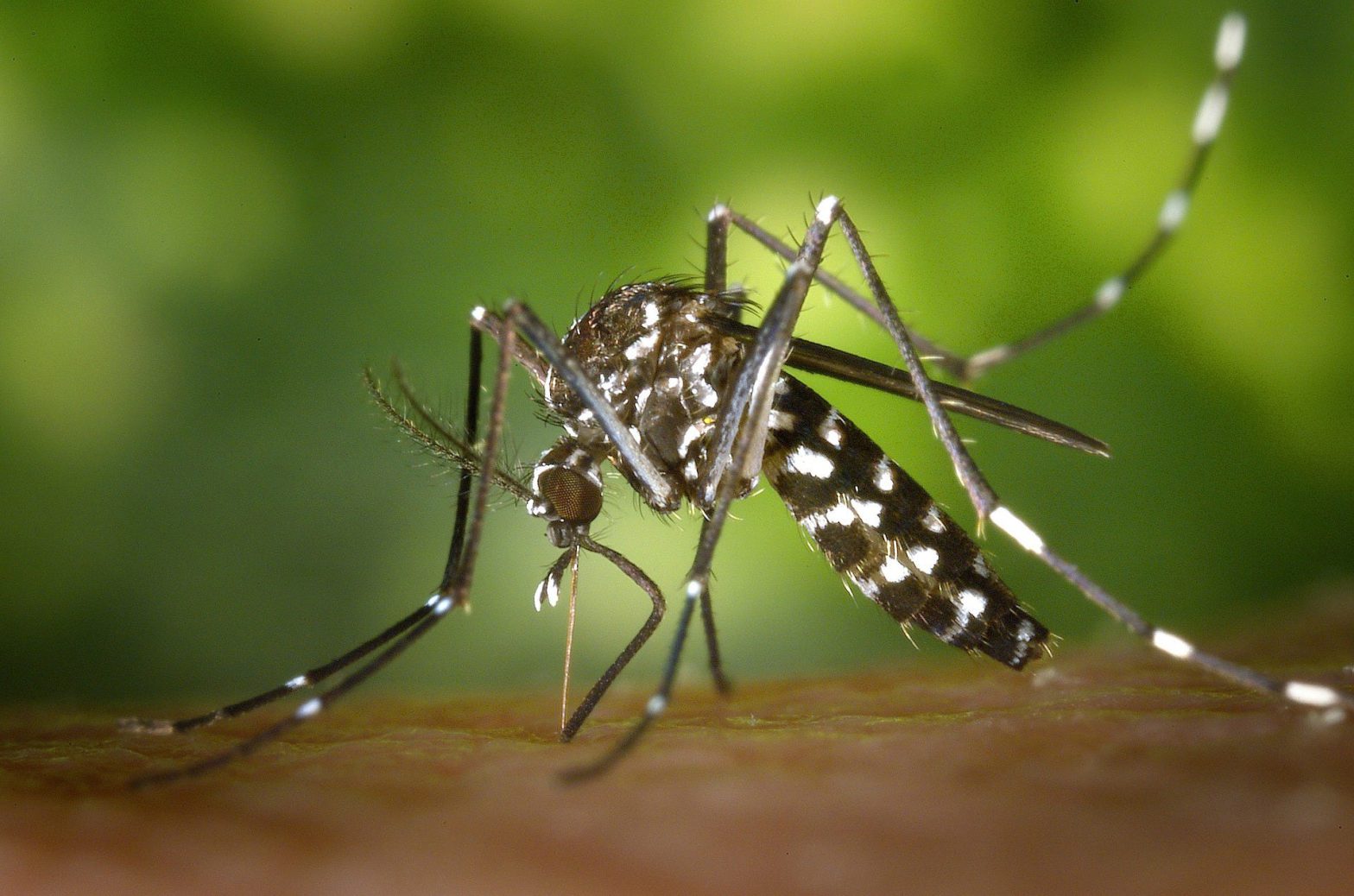![[Pixabay.com]](http://127.0.0.1/wordpress/wp-content/uploads/2022/01/ghows-DA-68742ae2-9695-1d3b-e053-0100007fb55e-ad8e4694.jpeg)
The Okaloosa County Mosquito Control Program began spot spraying this month. Within the next couple of weeks, the standard evening broadcast spray schedule will begin based on mosquito surveillance data and other factors.
The following is the Okaloosa County spray route schedule.
North County:
- John Riley Barnhill Road to Escambia Farms, Vinson Ray Road, Beaver Creek to north Baker, Highway 90 East from Shoal River to County Line Road and north to Poverty Creek Road
- Crestview: Rattlesnake Bluff and Little Silver Road, Aplin Road south to Live Oak Church Road
South County:
- Wynnehaven Beach, Florosa and Valparaiso
- Destin: Destin Bridge to Airport Road
North County:
- East side of Highway 189 to Highway 602; Four Flags area, Baker and Holt South of Highway 90,
- Crestview: Aplin Road north to Highway 90; Old Bethel Road past Sioux Circle, Old Antioch Road to Highway 90 west of Highway 85
South County:
- Airport Road to Walton County line, Mary Esther/Fort Walton Beach and Bluewater Bay
North County:
- Holt north of Highway 90, Baker West of Galliver Cutoff, Laurel Hill to County Line, Highway 393 N, Steel Mill Road
- -restview: Old Bethel Road to Airport Road, Highway 90 from Fairchild Road to Highway 85, north to Airport Road
South County:
- Streets off of Lewis Turner Boulevard to Carmel Drive, Rocky Bayou, Fort Walton Beach from Brooks Bridge to Memorial Parkway
THURSDAYS:
North County:
- Poverty Creek Road, Highway 393 to Campton, Baker from Galliver Cutoff to Old River Road,
- Crestview: Lake Silver Road to Airport Road to Auburn area
South County:
- Shalimar, Ocean City, Mooney Road area and Niceville
Okaloosa County Mosquito Control and the Florida Department of Health urge the public to remain diligent in their personal mosquito protection efforts. These should include remembering to remember the acronym SWAT.
- Stay inside with screened doors and windows when mosquitoes are biting (dusk and dawn).
- When outside, wear clothing that covers skin.
- Apply mosquito repellant that includes DEET [N, N diethyl-m-toluamide] on your skin when you are outside
- Turn over standing water where mosquitoes lay eggs or better yet – rid your outdoor area of standing water in which mosquitoes can lay their eggs.
Remember to apply all mosquito repellants in accordance with the recommended frequency and methods suggested by the manufacturer.
The Florida Department of Health now recommends the following mosquito-borne illness recommendations:
Drain standing water to stop mosquitoes from multiplying —
•Drain water from garbage cans, house gutters, buckets, pool covers, coolers, children’s toys, flower pots or any other containers where sprinkler or rain water has collected.
•Discard tires*, drums, bottles, cans, pots and pans, broken appliances and other items that aren't being used.
•Empty and clean birdbaths and pets water bowls at least once or twice a week.
•Protect boats and vehicles from rain with tarps that don’t accumulate water.
•Maintain swimming pools in good condition and appropriately chlorinated. Empty plastic swimming pools when not in use.
Cover skin with clothing or repellent —
Clothing: Wear shoes, socks, and long pants and long-sleeves. This type of protection may be necessary for people who must work in areas where mosquitoes are present.
Repellent: Apply mosquito repellent to bare skin and clothing. Always use repellents according to the label. Repellents with DEET, picaridin, oil of lemon eucalyptus, and IR3535 are effective. Use mosquito netting to protect children younger than 2 months old.
Cover doors and windows with screens to keep mosquitoes out of your house —
Repair broken screening on windows, doors, porches, and patios.
The County Mosquito Control Program sprays for mosquitoes county-wide excluding federal and state-owned land. Mosquito spray trucks generally operate starting 2 hours before sunset and/or in the 2 hours after sunrise. Surveillance activities may indicate certain types of mosquitoes known to be disease vectors that are active during time periods other than noted. If this is the case, the County will respond appropriately.
In addition to spraying, the County has an aggressive larviciding program that includes more than 1,500 sites treated and are checked on a regular basis. Additionally, more than 750 ponds and areas with standing water are treated with gambusia fish which eat mosquito larva and are able to reproduce at a high rate.
Residents are also reminded to have outdoor animals vaccinated against mosquito borne disease. Horses should be vaccinated against Eastern Equine Encephalitis (EEE). Although West Nile and EEE can occur throughout the year, peak season is August, September and October. Horses must receive two vaccine injections 3 to 6 weeks apart and then it is recommended every 3 to 6 months. Dog owners are also reminded to have pets treated for heartworms since certain mosquitoes present in Okaloosa County carry the disease as well.
The Mosquito Control Division of Public Works is open 8 a.m. to 4:30 p.m. Monday through Thursday and may be reached at 651-7394 or 689-5772. Mosquito spray schedule, preventative tips and other related information is available on the County’s web site at www.myokaloosa.com.
This article originally appeared on Crestview News Bulletin: Okaloosa County releases mosquito control schedule
